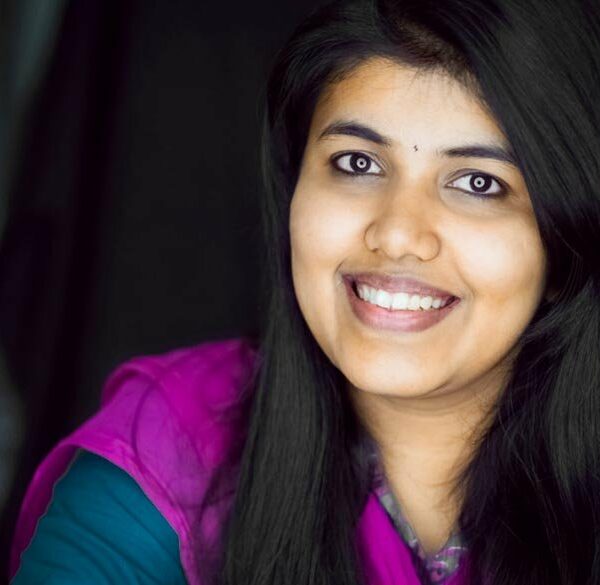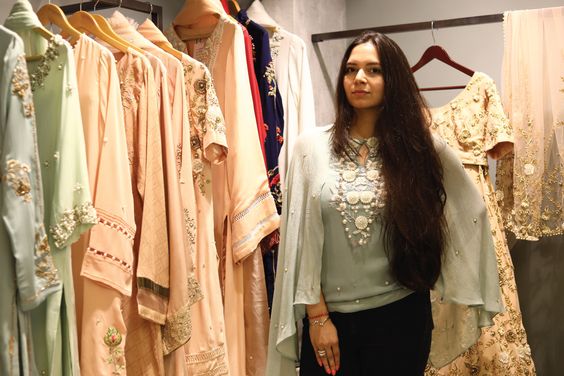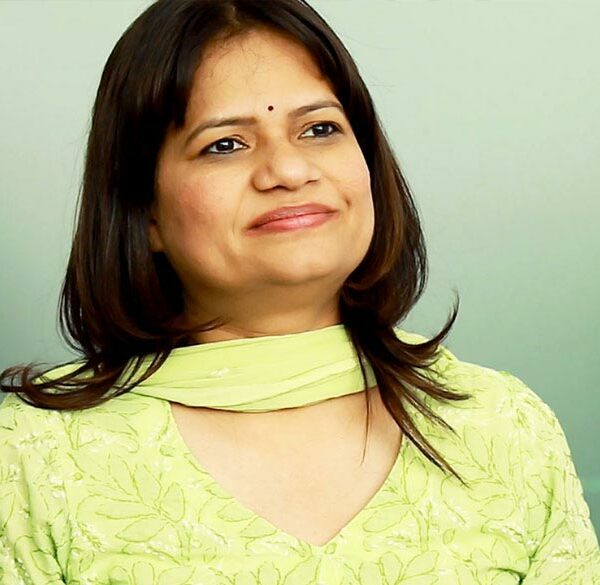Every day, elderly women face blatant ignominy by staying in decrepit ghetto areas in holy cities of Vrindavan and Varanasi. They are prevented from participating in religious festivals. But this year, Tukni Devi, a 90-year-old in Vrindavan, broke the centuries-old custom by participating in Holi, after 66 long years. But she was not alone.
The celebration at Pagal Baba Widow Ashram in Vrindavan saw participation by more than 1,000 widows. Undoubtedly, it was a rare event. But is this act of retaliation enough?
Modernists argue that widows in India no longer throw themselves on the funeral pyres of their husbands. But after their husband’s death, they are definitely stripped away from their own identity. A widow becomes the “other woman” in her own existence. Her ‘status’, rather than her identity, is defined by a complex and diverse host of religion-based personal codes, regional, jati, kin – based customs and government laws. The crucial questions related to aging, mortality, existence, social security, poverty, empowerment, employment and public advocacy, taking into account the symbolic and material consequences of widowhood, are hardly answered.
Needless to say, lifestyles and identities adopted by widows are highly individualized, and essentially that no two women’s stories are exactly the same. The question of personal choice and empowerment of widows remain ambiguous, as technically she does not have the power over of her life. After all, ‘how’, ‘whom’, ‘when’ to empower are never answered.
Sadly, the conditions have grown so heart-wrenching that today there are thousands of elderly widows in Varanasi, begging for alms from total strangers so that they can afford their own funeral pyre. With shivering hands, they secretly keep the tattered rupees in their blouses, hanging loose from their fleshless body.
Punishment after Husband’s Death
No matter how modern and liberal Hindu religion camouflages to be, it smells of orthodox and superstitions. A Hindu widow needs to be ‘punished’ after her husband’s death. She is ostracised in her home villages and considered inauspicious. Some widows are sent away by their husbands’ families who want to prevent them from inheriting money or property. Among the Brahmins and some higher castes, their heads were shaven; they are forced to wear white sari without ornaments and eat a single meal. This indifference is worst than slavery, more heart-wrenching than the worst of tortures. In addition, they are painfully absent from the statistics of India’s GDP, and are rarely mentioned in the multitude of reports on women’s poverty, development, health or human rights published in the last twenty-five years.
Biased Hindu Patriarchal Texts
Several interpretations of the Dharma Shastras, such as the Manu Smriti blatantly state that Hindu women are historically considered responsible for ensuring the physical and moral salvation of males, especially in their role as wives. So, the death of the husband is caused because of the wife, who failed in spiritually protecting her husband.
According to some of these Brahmanical authorities, a wife’s primary purpose was to be auspicious for her husband. Hence, the husband’s death results in the “social death” of his wife, and thus the beginning of her life term as inauspicious widow.
Lack of Inheritance Rights
Patrilocal residence and patrilineal inheritance is fundamental source of the poverty and marginalization of Indian widows, when the husband dies, a widow has no freedom to “return” to the parental home or to her brothers. She remains in her husband’s village whether or not she has the right to own land or property.
Although the “Hindu succession Act” 1969 made women eligible to inherit equally with men and some individual states have legislated equality provisions into inheritance law, widows are mostly deprived of their legal rights. Though India’s constitution provides gender equality, it is not followed regarding the right to inheritance of property for Hindu widows.
“Living Satis”
There are more than 40 million widows in India – 10 percent of the country’s female population. And for the majority of these women, life is what some have described as a “living sati”, a reference to the now outlawed practice of a widow burning.
Only 28 percent of the widows in India are eligible for pensions, and of that number, less than 11 percent actually receive the payments to which they’re entitled. An orthodox widow may be expected to cut her hair or even shave her head. A widow from the south of the country may not even be able to wear a blouse under her sari.
Prohibition against Re-marriage
If a widow marries away, she loses her children as well as her property. The higher the caste, the more likely it is that widows remarriage is forbidden. Majority of widows, those have children at the time of death of her husband, do not want to remarry. They fear the ill-treatment in the new family specially abuse of their children. Some widows are forced to remarry to a brother-in-law or levirate or live the remainder of their life as an ascetic in the harsh conditions of ashrams or a temple.
Witch hunting
In many parts of India, particularly in tribal communities, widows are sometimes killed as witches. The underlying motivation is economic, the accusers tend to be the male relatives, and brother-in-law or step-sons who want to control the land.
Economic Malaise
Employment opportunities for windows are very low especially because of the limitations on mobility and gender division of labour. So the widows have to adjust with the in-law’s family, remaining engaged with-domestic chores and child rearing activities or to live with and the adult son.
How charities help
Bindeshwar Pathak, is providing 150 widows with a monthly income of 2,000 rupees (£24) through his charity Sulabh International. Sulabh is also working on a draft bill, which it hopes to introduce in the Parliament next year. The draft suggests a monthly pension for abandoned and destitute widows and to make their eviction from either their parental or husband’s house a punishable crime.
There is the 2007 Maintenance and Welfare of Parents and Senior Citizens Act that makes it an offense for children to abandon their parents, but many of India’s 40 million widows are not aware of their rights under it, and the act provides for only relatively mild penalties (three months jail or a fine not exceeding $100).
There are sites like Journeys of Solutions, SecondShaadi.com and The Loomba Foundation that works for empowerment of widows in India. But in reality, the Indian state has miserably failed to implement a protective regime for a widow’s basic survival rights; the state has also failed to provide adequate welfare coverage for them.
Although a number of mostly token social security schemes have been designed towards that end. So is this justice?












